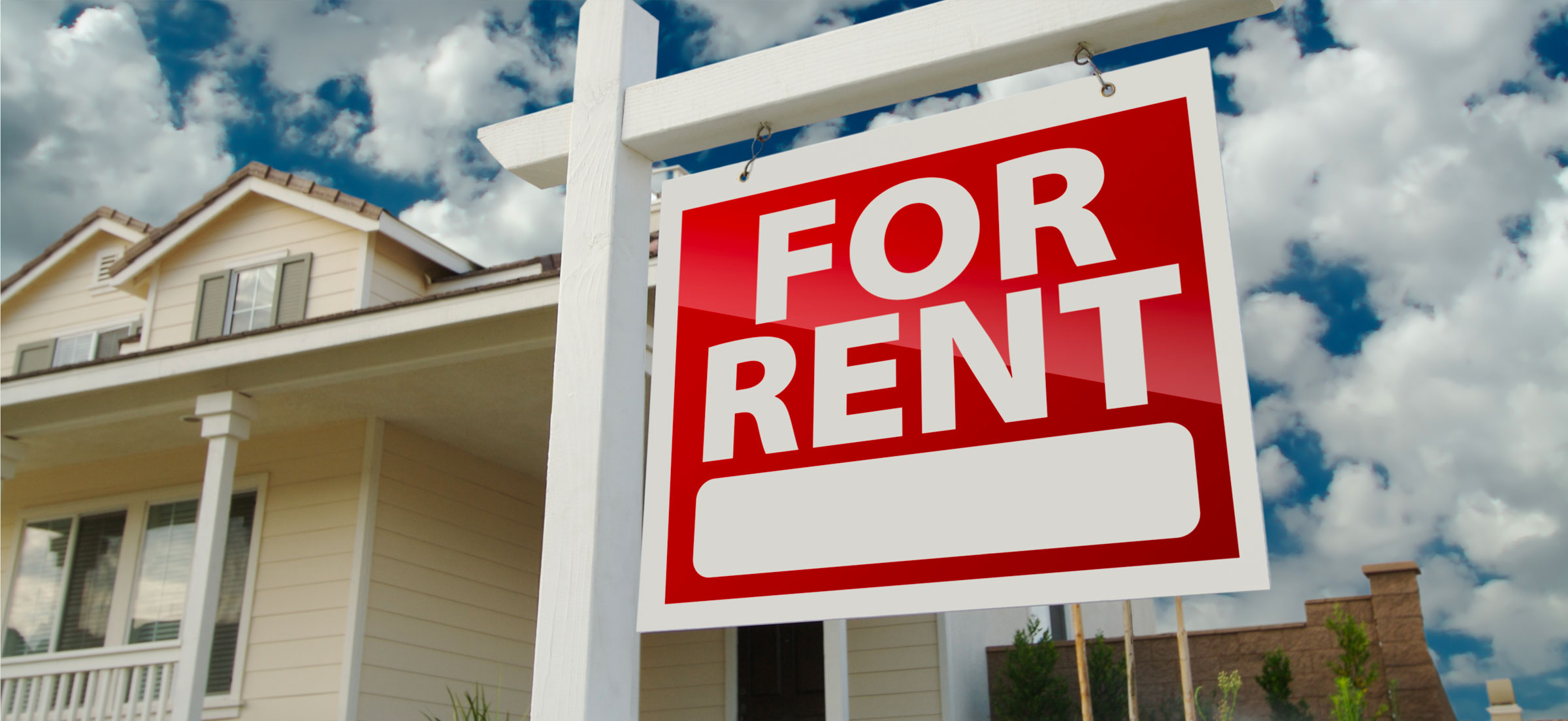This website uses cookies so that we can provide you with the best user experience possible. Cookie information is stored in your browser and performs functions such as recognizing you when you return to our website and helping our team to understand which sections of the website are the most popular and useful.
Rent to Own: What the Buyer Should Consider

A lease- or rent-to-own option is similar to a normal rental agreement, but with the option to purchase the home from the seller at the end of the lease.
In some cases, this may be a great solution. Here is some information to help you understand what you’re getting into.
How Rent to Own Works
Before signing your lease, you and the seller (also known as the landlord while you’re renting) agree to a purchase price for the home.
You will pay a deposit or “option fee” to allow you to purchase the home once the lease ends. This is usually a percentage of the selling price.
You will need to understand how much of your monthly payments will go to the landlord as rent, and how much will contribute to the purchase price of the home.
Lenders will have the appraiser evaluate what current market rents were at the time you were renting. Any amounts over and above that determined amount can be credited towards a down payment.
So, if you are paying $1,500 per month in rent and current rent values are $1,200 for a similar house in your market, the you can count $300 per month as part of your down payment.
Pros and Cons
What’s great about rent-to-own situations is that you get to move in and pay toward the purchase of the home, even if you don’t qualify for a mortgage right now.
Living in the home for an extended period of time will help you decide whether you like it before purchasing. You may learn things about the home or the neighborhood that change your mind.
Signing a lease of 2 to 5 years will give you time if you need to work on repairing your credit. Also, the agreed upon price when you first begin leasing is locked in, so even if the value goes up, you still get that original rate. Unfortunately, if the home loses value you will wind up overpaying if you do decide to buy.
One of the downsides of rent to own is that if you don’t purchase the home at the end of the lease, the seller is not required to give you your money back.
Another issue with rent to own is that as a renter, you have no rights if the house is foreclosed on during the lease. You will be forced to leave and will lose all of the money you have paid towards the purchase of the home.
Do Your Research Before Entering Into an Agreement
Every state is different, so be sure to do thorough research on the laws where you live before entering into a rent-to-own agreement. Get a realtor and a lawyer involved as early as possible to protect your interests.
Here are a few specific questions you should ask your counsel:
- What if there are serious problems in the home? Can I walk away, or will I lose all of the money I paid toward the home?
- Who is responsible for maintenance and repairs during the lease?
- Whose responsibility is it to pay property taxes and insurance on the home during the lease?
Get an inspection and confirm that the homeowner has been paying the mortgage and property taxes before entering into an agreement.
Not sure if you should rent to own or apply for a mortgage? Speak to an experienced mortgage professional to see what payment plan is right for you and your future home.




